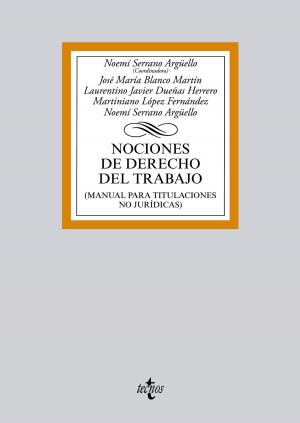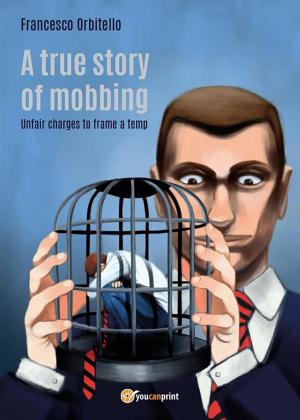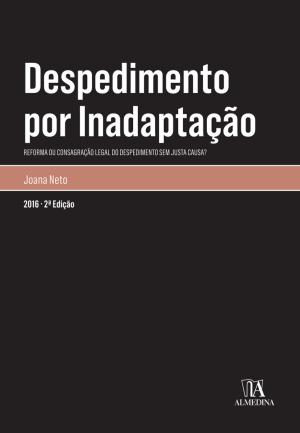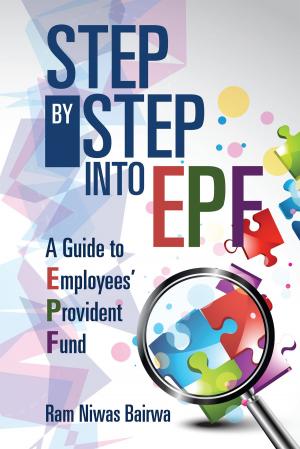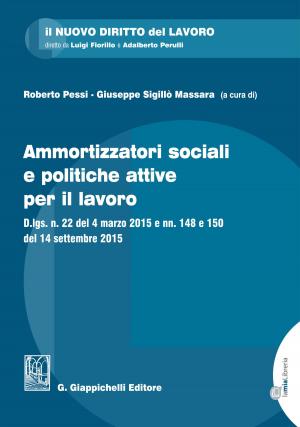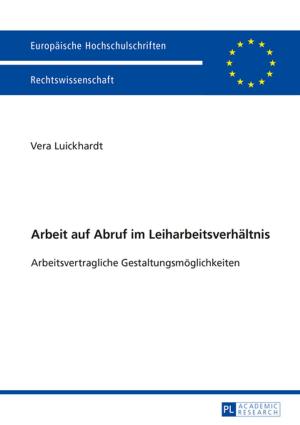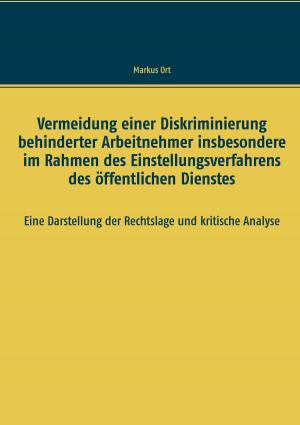Fired
Challenging the Status Quo and the Aftermath
Nonfiction, Reference & Language, Law, Labour & Employment| Author: | M.D. Cristina Carballo-Perelman | ISBN: | 9780996741231 |
| Publisher: | CCP Enterprises, LLC | Publication: | September 18, 2015 |
| Imprint: | CCP Enterprises, LLC | Language: | English |
| Author: | M.D. Cristina Carballo-Perelman |
| ISBN: | 9780996741231 |
| Publisher: | CCP Enterprises, LLC |
| Publication: | September 18, 2015 |
| Imprint: | CCP Enterprises, LLC |
| Language: | English |
In this book, Cristina Carballo-Perelman, M.D., takes the reader along on her personal journey through the trauma of being fired—the reasons for it, the steps to recovery, and her transformation into a new career. Dr. Carballo-Perelman was fired because she stayed true to her ethics and her professional dedication. Many if not most people today lose their jobs for reasons that have nothing to do with poor performance. For this reason, this book is tremendously empowering. Ten years ago, it was the ultimate failure to be fired. In today’s work environment, it’s not only not the supreme humiliation; it can even be a badge of courage to be fired. However, the current work environment also has people living in fear and feeling grateful to have any work at any pay under any conditions. This must change, and Dr. Carballo-Perelman’s story provides the inspiration for that change.
In Part 1, the book begins with a discussion of what’s necessary to survive as an employee in a corporation—how to understand your work environment, navigate it, and, if necessary, exit it. It discusses these issues in the context of corporate consciousness—corporate social responsibility within the workplace—and how it affects a company and its employees.
Part 2 of the book is a series of essays in which each chapter addresses a particular quality necessary to create a positive work environment for employees and employers alike. Ethics and integrity form the foundation upon which the discussion of these qualities is based. Dr. Carballo-Perelman weaves her own experiences and revelations into this section to provide the reader with a firsthand look at how giving your all in your job can still get you fired.
Part 3 discusses the trauma of being fired and how to move forward after a termination, including the difficult but absolutely necessary grieving process. It discusses how to evaluate your options and take advantage of them. These options include reinventing yourself to seek a different line of work or rejoining the workforce in your former capacity. Again, Dr. Carballo-Perelman provides inspiring personal examples.
Fired: Challenging the Status Quo and the Aftermath is essential reading, not only for employees who want to do what is best without fear of being terminated but also to help employers bring grace, understanding, and compassion to their companies by adopting corporate social responsibility policies that allow their employees and their businesses to thrive.
In this book, Cristina Carballo-Perelman, M.D., takes the reader along on her personal journey through the trauma of being fired—the reasons for it, the steps to recovery, and her transformation into a new career. Dr. Carballo-Perelman was fired because she stayed true to her ethics and her professional dedication. Many if not most people today lose their jobs for reasons that have nothing to do with poor performance. For this reason, this book is tremendously empowering. Ten years ago, it was the ultimate failure to be fired. In today’s work environment, it’s not only not the supreme humiliation; it can even be a badge of courage to be fired. However, the current work environment also has people living in fear and feeling grateful to have any work at any pay under any conditions. This must change, and Dr. Carballo-Perelman’s story provides the inspiration for that change.
In Part 1, the book begins with a discussion of what’s necessary to survive as an employee in a corporation—how to understand your work environment, navigate it, and, if necessary, exit it. It discusses these issues in the context of corporate consciousness—corporate social responsibility within the workplace—and how it affects a company and its employees.
Part 2 of the book is a series of essays in which each chapter addresses a particular quality necessary to create a positive work environment for employees and employers alike. Ethics and integrity form the foundation upon which the discussion of these qualities is based. Dr. Carballo-Perelman weaves her own experiences and revelations into this section to provide the reader with a firsthand look at how giving your all in your job can still get you fired.
Part 3 discusses the trauma of being fired and how to move forward after a termination, including the difficult but absolutely necessary grieving process. It discusses how to evaluate your options and take advantage of them. These options include reinventing yourself to seek a different line of work or rejoining the workforce in your former capacity. Again, Dr. Carballo-Perelman provides inspiring personal examples.
Fired: Challenging the Status Quo and the Aftermath is essential reading, not only for employees who want to do what is best without fear of being terminated but also to help employers bring grace, understanding, and compassion to their companies by adopting corporate social responsibility policies that allow their employees and their businesses to thrive.


